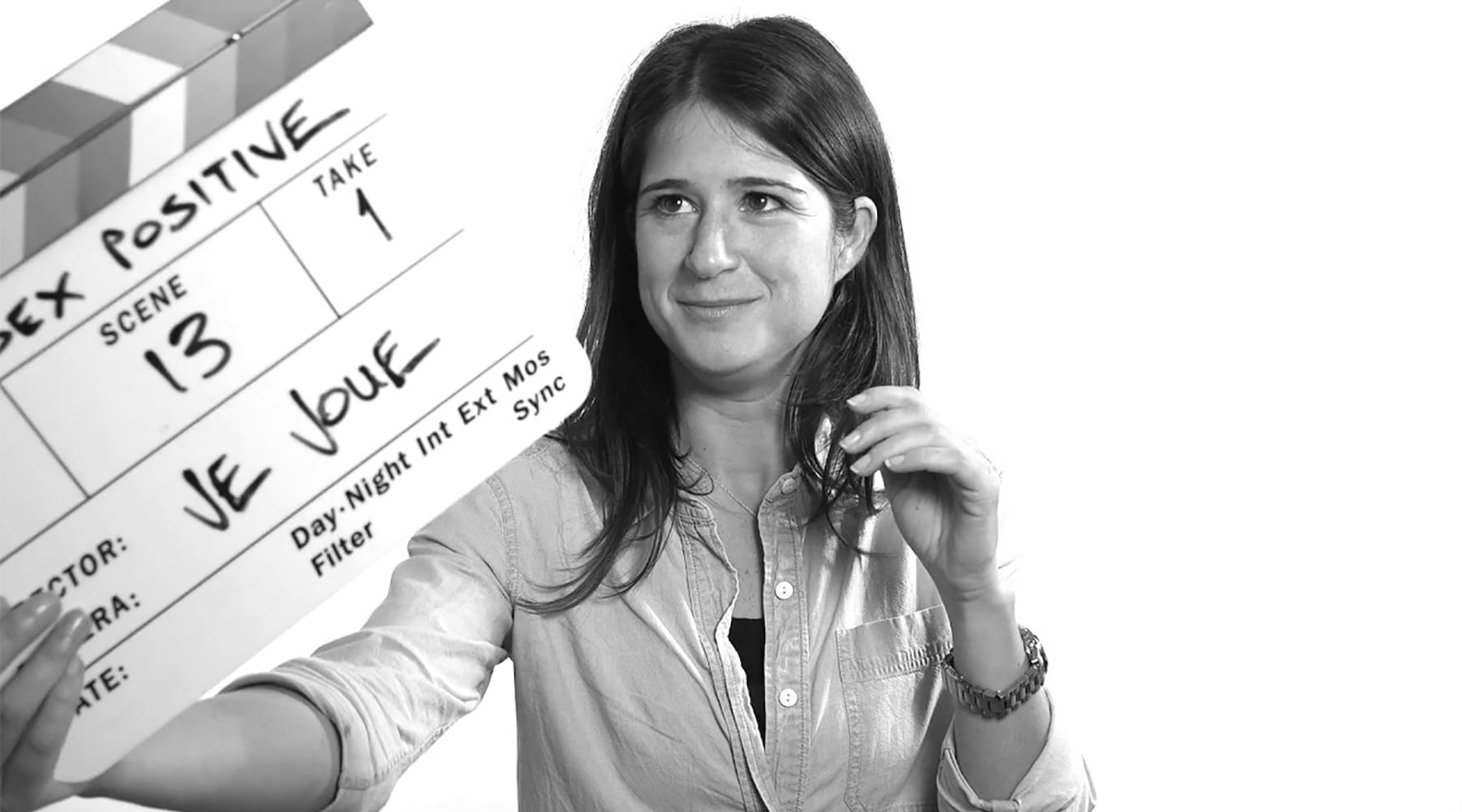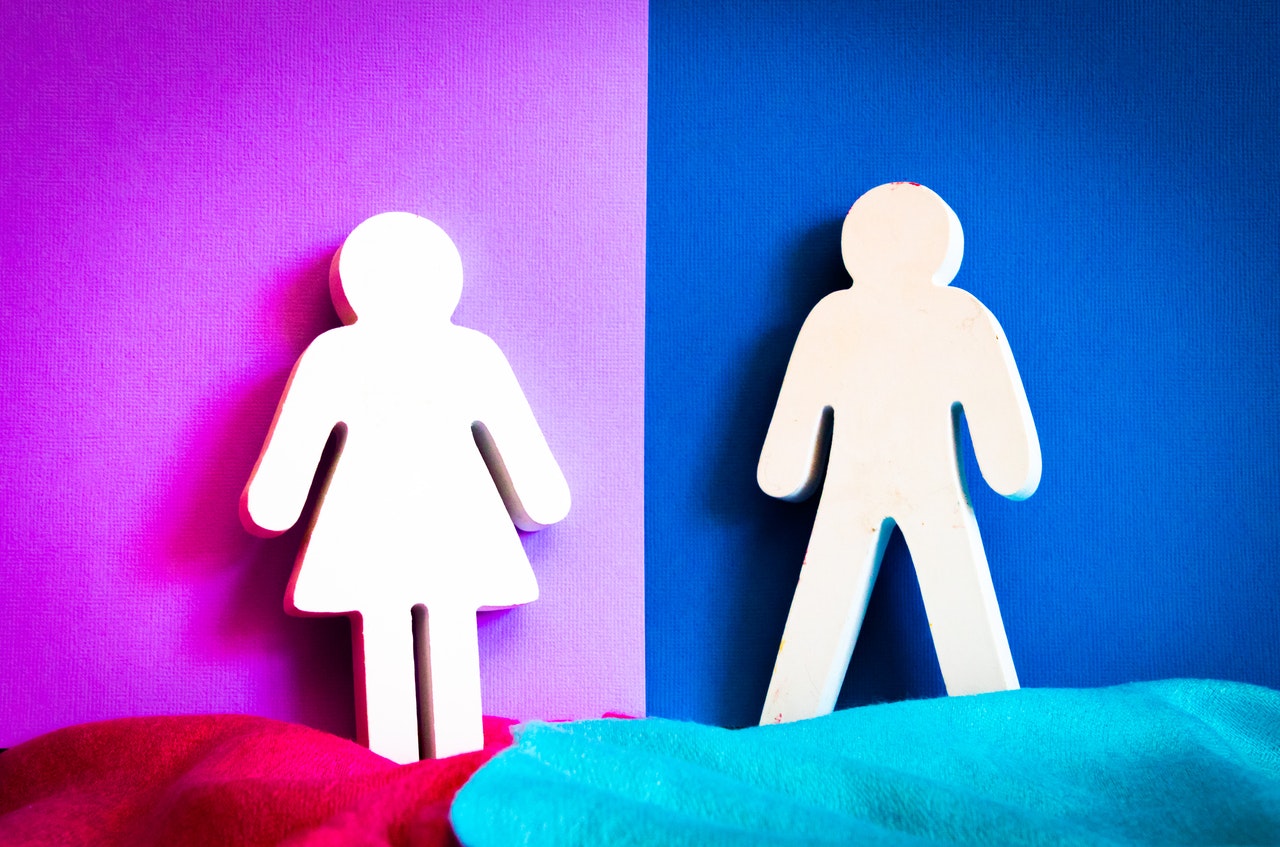
What Does it Mean to be "Sex Positive"

What Does it Mean to be "Sex Positive"?
Published: Thursday, 19th December 2019Learn more about sex positivity and how to apply it to your own life in our guide on what it means to be “Sex Positive”.
Common misconceptions about what it means to be "Sex Positive" would have us believe that sex positivity is reserved only for people whose sexuality involves multiple partners, copious amounts of sex, and a willingness to try it all. While these expressions of sexuality are valid and should be recognized and celebrated, they don't inherently define what being "Sex Positive" can look like. Learn more about sex positivity and how to apply it to your own life in our guide on what it means to be "Sex Positive".

“Sex Positive” 101
Simply put, "Sex Positive" is the idea that sex is a healthy part of life and should be enjoyed safely, free of shame or guilt. It means individuals should have the right to make decisions about whether or not they choose to be sexual, to define where their sexual desires lie, and to pursue their desires and pleasure willingly and freely on their own or with other consenting adults. It also means being respectful of other people's right to express (or not express) sexuality as they so choose. This all sounds very straight forward and simple, but the reality is that most of us are raised in a society that is steeped in negative, repressive views on sexuality. So we all have to unlearn much of what we're taught about sex, in order to erase that stigma from our own perspectives.
The reality is that most of us are raised in a society that is steeped in negative, repressive views on sexuality. So we all have to unlearn much of what we’re taught about sex
“Sex Positive”: Boundaries, Consent, and Sexual Self-Determination
Sex positivity must be rooted in consent and desire. Informed consent means not only that all parties involved say yes to a particular act, but that everyone involved understands what they're saying yes to - including all of the risks involved. It also means that steps are taken to reduce those risks. In order to truly give consent, an environment of open communication needs to be fostered, so people can feel safe to say yes or no, to set boundaries, and to know that their boundaries will be respected. Consent should always be freely given, free of pressure or coercion. It should be active and ongoing, and we should be checking in regularly to ensure that there is room for consent to be reversed in case someone changes their mind. At the center of consent lie desire and self-determination. Being able to name our desires and boundaries allows us to determine how and when we engage with our bodies and those of others.
To put it succinctly, not “yucking” someone else’s “yum” is a key component of sex-positivity
Part of the unlearning process around sexuality includes learning to accept our own desires while respecting the desires of others. This might mean pushing ourselves to understand that what is a turn on for us might differ greatly from what is hot to others, and that's okay! Desire is very personal and specific to an individual. This doesn't mean that in order to be "Sex Positive", you have to be interested in every kind of sexual activity, but it does mean respecting other people's desires and their right to non-judgementally pursue those desires consensually. To put it succinctly, not "yucking" someone else's "yum" is a key component of being "Sex Positive". An open and non-judgemental approach to sex positivity also includes not placing value on someone's level of sexual activity or sexual experience. Challenging the concepts of "slut-shaming" and "prude shaming" is key to creating a "Sex Positive" environment where people are free to openly embrace their sexuality or asexuality, and where those experiences are seen as equally valid.

Intersectionality, Inclusion, and being “Sex Positive”
It's important to remember that our sexual or asexual selves happen within the larger context of our full selves. It's impossible to separate sex from power, which is deeply connected to our larger cultural context. Sex positivity should take into consideration any factors that inhibit our freedom of sexual expression. This might include understanding the ways in which different communities face roadblocks to sexual expression. We cannot claim to live in a "Sex Positive" society if our definition of sex positivity only includes the right to sexual expression for yourself and a handful of selected others. Sex positivity involves an awareness of reproductive justice issues, gender oppression, feminism, and LGBTQIA+ rights.
In order to classify yourself as being "Sex Positive", you must wholeheartedly support the following rights being available to ALL individuals and groups:
- Access to inclusive, relevant, pleasure-based sex education
- Access to sexual and reproductive health care
- Access to safer sex education and supplies
- Freedom from sexual violence
“Sex Positive” Starts With You
Being "Sex Positive" doesn't have to mean being sexual with others. It doesn't even have to mean being sexual with yourself. However, making room for the different ways your sexuality might look and working on accepting your own relationship with sex is a great way to get started in being "Sex Positive". Figuring out what healthy and pleasurable sexuality means for you can be as simple as thinking actively about sexuality and desire and practicing communicating about it. Start by thinking about the language you use, the ways in which you set boundaries, the practice of saying "yes" and "no" intentionally (to both sexual and non-sexual things), being more accepting of your body, and generally treating yourself with less judgment and more empathy. Extending this practice to communicating about sex is an excellent way to work toward a more open and accepting relationship to sexuality, and a great step toward being more "Sex Positive".
"Sex Positive" means different things to different people and it is important to build models of sex positivity that are inclusive, celebrate autonomy, and center around sexual self-determination. We should all be free to pursue pleasure on our own terms in ways that are safe, welcoming, and encompassing of our full selves.




Leave a comment
This site is protected by hCaptcha and the hCaptcha Privacy Policy and Terms of Service apply.